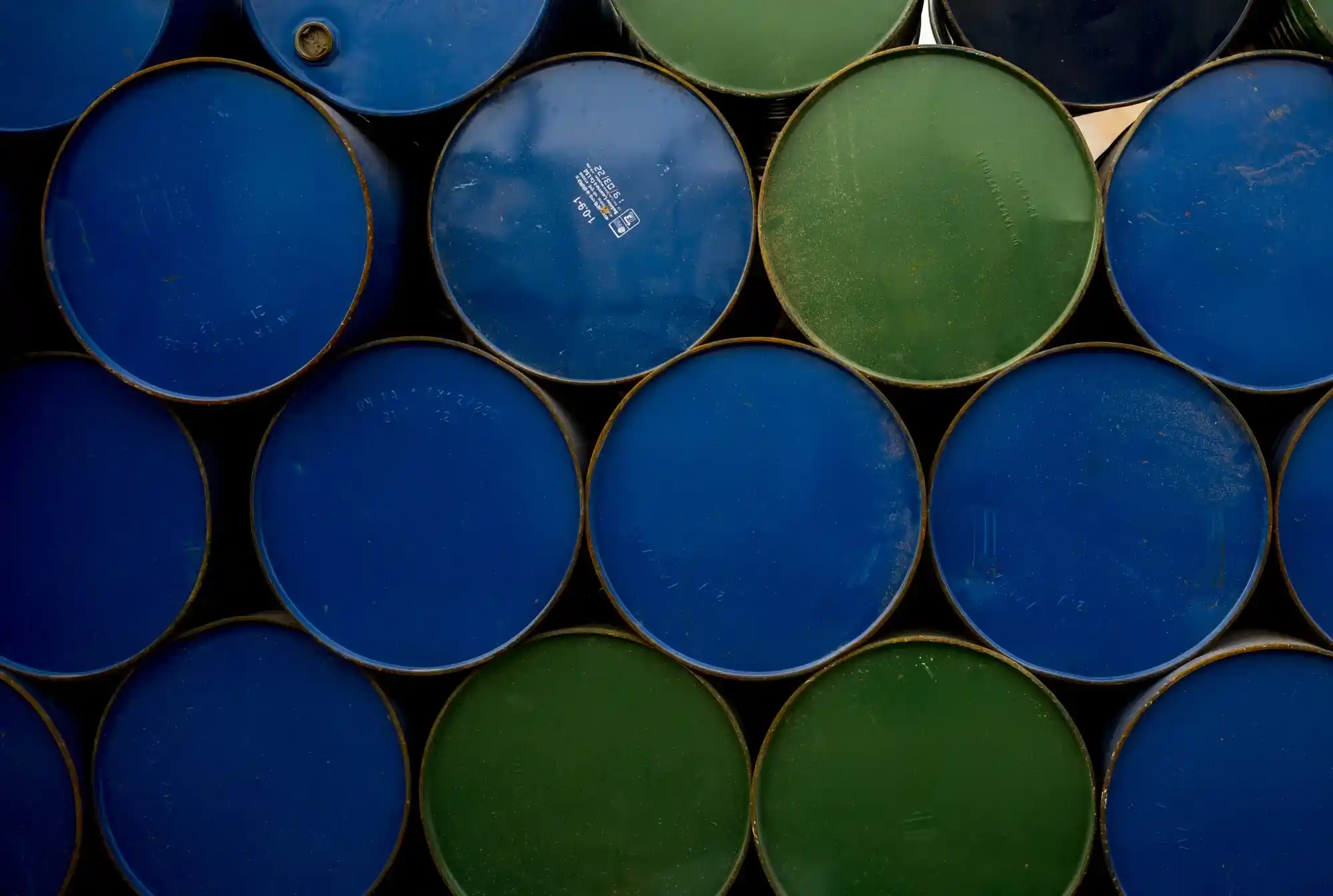Shipments of Russia’s Urals crude for October delivery are being actively offered to Chinese refiners at more favorable prices. According to Bloomberg, this marks a shift in global oil trade as President Donald Trump ramps up pressure on India over its purchases of Russian oil.
Traders familiar with the negotiations say that both state-owned and private Chinese refineries are already discussing potential deliveries. Sellers are ready to offer discounted prices, sparking interest among potential buyers.
Why China Is an Unusual Buyer of Urals
Although China remains the largest importer of Russian oil delivered by both sea and land, Chinese refiners usually prefer the ESPO grade, which is produced and shipped from Russia’s eastern regions. Urals, on the other hand, is shipped from western ports, making it less attractive for China due to the greater distance and higher freight costs.
The situation began to change earlier this week when President Donald Trump doubled tariffs on all Indian imports. This measure came in response to New Delhi’s purchases of Russian crude and is part of Washington’s strategy to pressure Moscow into agreeing to a truce in its war against Ukraine.
As a result, Indian state-owned refiners began to scale back purchases and look for alternative sources, freeing up volumes of Urals that could now be redirected to China.
Opportunities and Risks for Beijing
Given the scale of China’s refining capacity and its strategic petroleum reserve (SPR) needs, the country is seen as a potential alternative market for Urals. However, Bloomberg notes that in the current climate of strained U.S.-China trade relations, Beijing is unlikely to rush to replace India. U.S. Treasury Secretary Scott Bessent has already stated that Washington may also impose tariffs on China if it continues buying Russian energy.
Against this backdrop, the price for Urals deliveries to Chinese buyers has dropped to a premium of just $1.50 per barrel over Brent, compared with around $2.50 late last week. Sellers include Russia-affiliated companies such as Litasco.
First Deals and Market Outlook
In July, Chinese company Shandong Yulong Petrochemical Co. made a rare purchase of Urals crude. Traders are now watching closely to see if other private refiners — the so-called “teapots” — as well as state-owned corporations that buy oil for their own plants and for the SPR will follow suit.
According to Energy Aspects analyst Jianan Sun, “While India substantially reduces spot Russian buying, some Chinese refineries picked up a few cargoes of Urals for October delivery. But China will unlikely be able to absorb all Russian barrels backed out from India.”
The analyst added: “Urals is not a base-load grade for Chinese state-owned refineries, limiting the country’s interest in strategically stockpiling this crude. We also think Chinese SOEs will be cautious about taking extra Russian barrels amid U.S.–China trade negotiations.”
Thus, as Bloomberg emphasizes, China’s short-term interest in Urals may grow, but the long-term outlook remains uncertain due to logistical challenges, potential sanctions, and overall tensions in global trade.
This article was prepared based on materials published by Bloomberg. The author does not claim authorship of the original text but presents their interpretation of the content for informational purposes.
The original article can be found at the following link: Bloomberg.
All rights to the original text belong to Bloomberg.


















